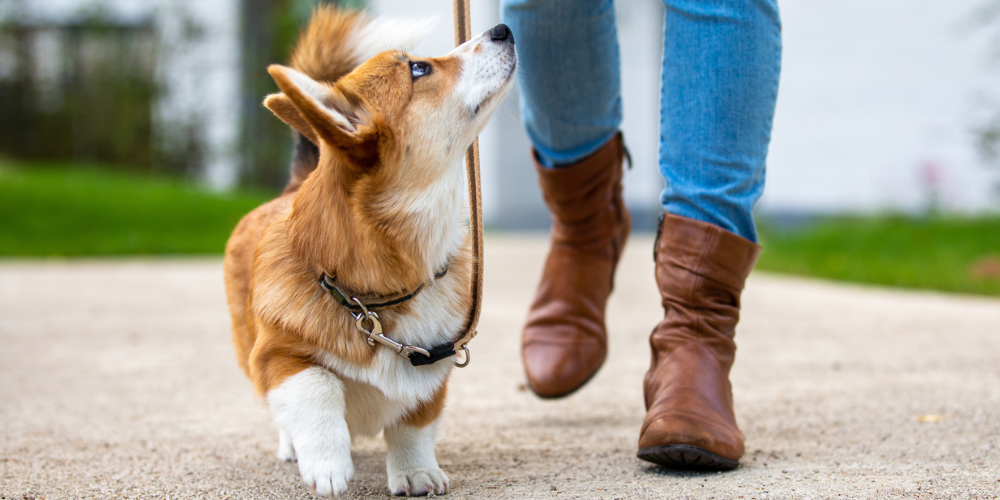Obesity, the sadly common condition that we are beginning to see more frequently in pets, and it is the most common nutritional disorder to be seen in dogs. It is caused by an imbalance of energy being taken in than is being let out. The risks of an obese pet are far greater than those of a healthy dog. Among the most common problems veterinarians see in obese dogs are heart disease, diabetes, and arthritis. Other dangers include surgical procedures on your pet, where anaesthesia is a greater risk and complications during surgery are more likely. It is very important to manage and maintain your pets weight as the long term affects of obesisty can have a significant impact on their life.
What are the signs that your dog is overweight?
- Their face is looking larger and rounder than normal.
- You may find it difficult to feel or see their waistline, spine, or ribs.
- Their abdominal area is beginning to droop.
- When on walks or even around the house they are excessively panting.
- They are reluctant to go on walks
- Tiredness and lethargy are becoming common characteristics.
- They may refuse to play or move more than usual.
- Help may be needed to get up larger steps.
So why are the cases of obesity increasing and what can we do?
Many factors can contribute to a dog gaining excessive weight, but most of the problems that we as owners may not recognise have the greatest impact.
Adapt their food intake with age
Although we cannot change the age of our dogs (as much as we would love to turn back the time), this can be a factor in changing the amount of exercise our pet gets. Adjusting your dog's food intake in relation to their age can significantly help their weight. As your dog gets older, they will become less active and therefore require less energy, so their food requirement will need to be altered.
Avoiding feeding table scraps
Table scraps! Many will overlook this because it is just a "treat". However, if your dog learns over time that they can get a piece of food from you at the table, this will become an increasingly frequent habit. It is always tempting to give them a small bite when the puppy eyes are staring at you, but you must resist the urge to give them some of your own food. Try to keep them away from your eating area until you have finished to reduce temptation.
Watch portion sizes
One common problem that many owners may not realise is the importance of portion size in relation to the type of dog you own. If your dog is a larger breed, such as a German Shepherd, they will require a greater amount of food than a Jack Russell. The key is to measure your dog's food at each feeding. If you make sure that the recommended amount is followed, your dog will sustain a healthier weight.
Seek advice after neutering
It has been shown that a dog's genetic make-up can significantly affect its weight: Neutered dogs weigh more than non-neutered dogs of the same breed. Veterinarians can advise owners on neutering a dog and suggest how to deal with possible weight gain during the process. Never be worried to ask your local vet for any advice.
Our advise on how to maintain a healthy diet in your dog
If you are able to establish good habits in your and your dog's life early on, this will reduce the likelihood of obesity occurring. However, if you feel that your dog is becoming overweight, it is not too late to change your habits.
- Incorporating exercise into your dog's daily routine can help them burn off the excess calories. Going for longer or more frequent walks, or even by taking up agility activities can significantly help your dog get fit (there are many agility clubs you and your dog can join).
- Check your dog's diet - make sure they are getting the right amount of food appropriate for their breed and age.
- Always check the recommended feeding amounts of any new food you give your dog, as they may need more or less of what you would normally feed. Also, when introducing a new food, change the intake gradually to allow the digestive system to get used to the new meal.
- Try to spread your dog's meals throughout the day. Small and frequent feedings will help your dog digest and burn calories more easily than a large meal in the evening.
Always remember that your local vet will be happy to advise if you are worried about your four-legged friend. They can best advise you on any queries and give you an appointment if you feel your dog needs a professional examination.














